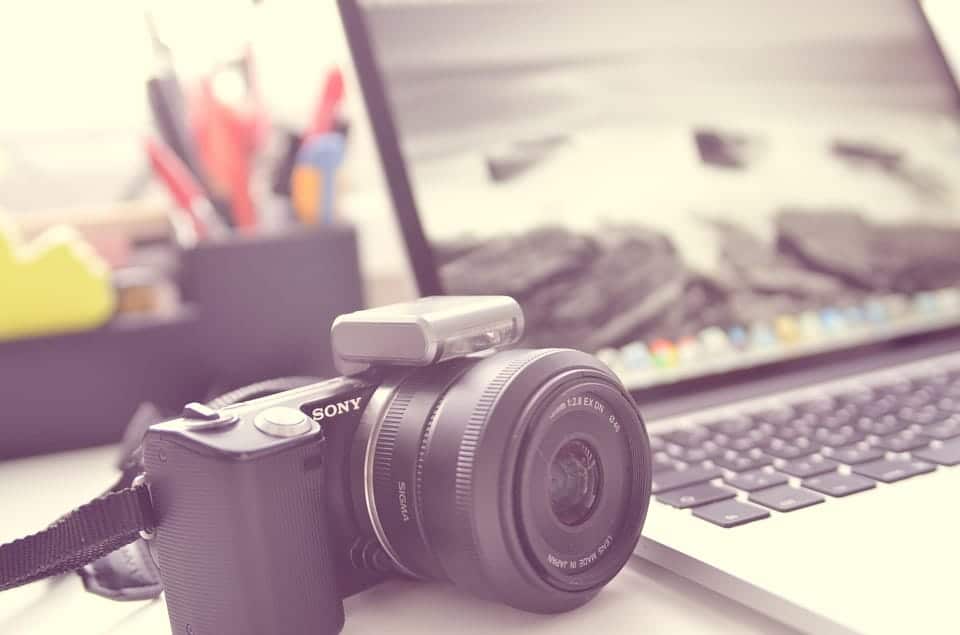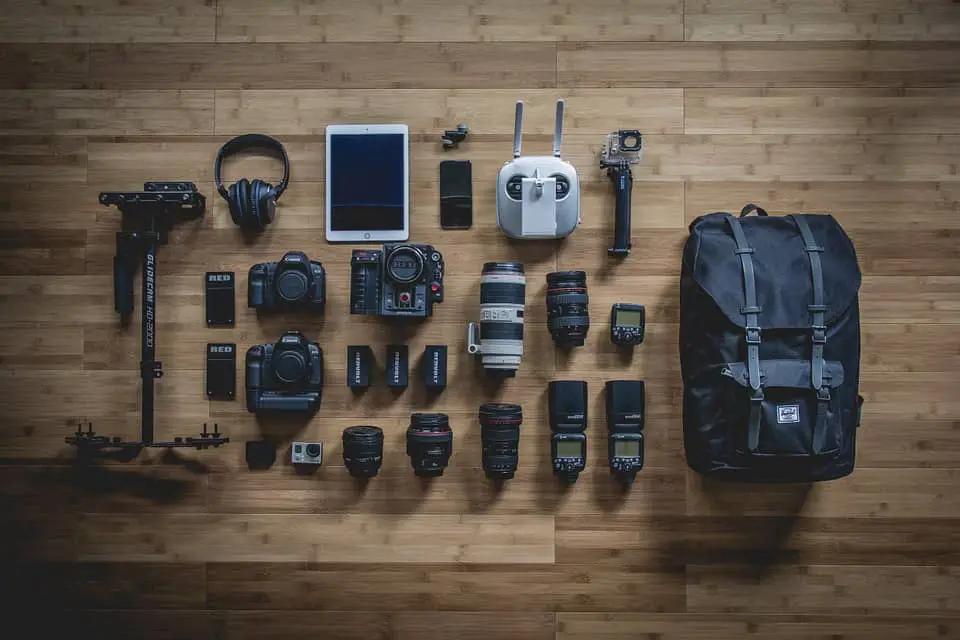
Photography is, and has always been one of the most popular hobbies. Once you go varsity, it can be a lucrative profession as well. However, of all the things photography is, or could be, cheap isn’t one of them.
Getting into photography on a tight budget can be a daunting task, but not an impossible one. Here are a few tips that will get you started in photography on a tight budget.
Source Your Equipment Wisely
When we said that photography is one of the most popular hobbies in the world, we weren’t joking. It’s actually one of the few hobbies that transcend borders and cultures, showing the same growth trends all over the globe.
You’d be surprised at just how many people get into photography full of hopes and dreams. Naturally, not all of them make it. What many of these enthusiastic beginners don’t realize is that photography is a fairly technical hobby. As a result, many of them give up soon after snapping their first artistic pics.
While that might be unfortunate for them, it’s a great opportunity for beginners on a budget. As it turns out, there’s a whole market for used cameras, lenses, and other equipment out there. Make sure to check your local ads. It’s not uncommon to run into a killer deal.
Start Small, Grow Larger
As good as some deals on used cameras are, there are people who like to get their equipment new. The only issue with this approach is that it doesn’t work all that well with tight budgets. However, you’ve got options.
Point and shoot cameras are slowly being phased out thanks to ever-evolving smartphone camera sensors. That being said, a standalone point and shoot camera is still a decent option for aspiring photographers. Industry experts over at VloggingGuru went on to find the best point and shoot camera under 300 dollars. As it turns out, there’s plenty of interesting options in this affordable segment.
Aside from being a decent choice for those on a tight budget, affordable point and shoot cameras are a great way to ease into photography. Most of them require very little manual tweaking but allow you to do so should you want to.
Choose a Solid Prime Lens

Getting a quality prime lens is a must. No matter what type of camera you’re running, whether it’s a high-end mirrorless or an older DSLR, having a quality prime lens will make all the difference.
We suggest investing in a solid 35 mm or a 50 mm for your prime, depending on the camera you decide to use. It’s extremely tempting to sink money into niche lenses as they’re packed with cool features and all kinds of bells and whistles. However, you’re a beginner. There are so many things, basics of photography stuff, you need to learn before that expensive lens even begins to make sense.
Don’t waste your money on gear you won’t be using. Instead, get a solid prime lens and start from there.
Learn as Much as You Can
At the end of the day, it’s not the gear that makes a good photographer. We live in an era of instant communication and the internet. There is an entire wealth of information out there regarding just about any subject you can think of, including photography.
In fact, you can go and gather information on your own, which is totally free. On the other hand, if you don’t feel like doing the manual labor of collecting the relevant information, you can always get a paid course and gain knowledge that way. Some of these courses are extremely cheap and cover all of the basics and then some.
All that being said, photography is a field where you never stop learning. There’s already so much knowledge to process. Once you add all the new techniques and gear that’s coming out, you’ll quickly realize that learning never stops.
Go Out and Take Photos
The last piece of advice we can give is to go out and take photos. You don’t need expensive gear nor unique locations to start practicing. Actually going out and taking photos is the cheapest part of the process, but often the most overlooked one.
Beginner photographers tend to get caught up in gear, completely forgetting to actually go out and use the said gear. As you build your experience and knowledge, you’ll slowly figure out how things work, what your personal style is, and what gear works for you.
If you’re a novice who plans on doing this for a living, the more hands-on experience you can gather, the better.
